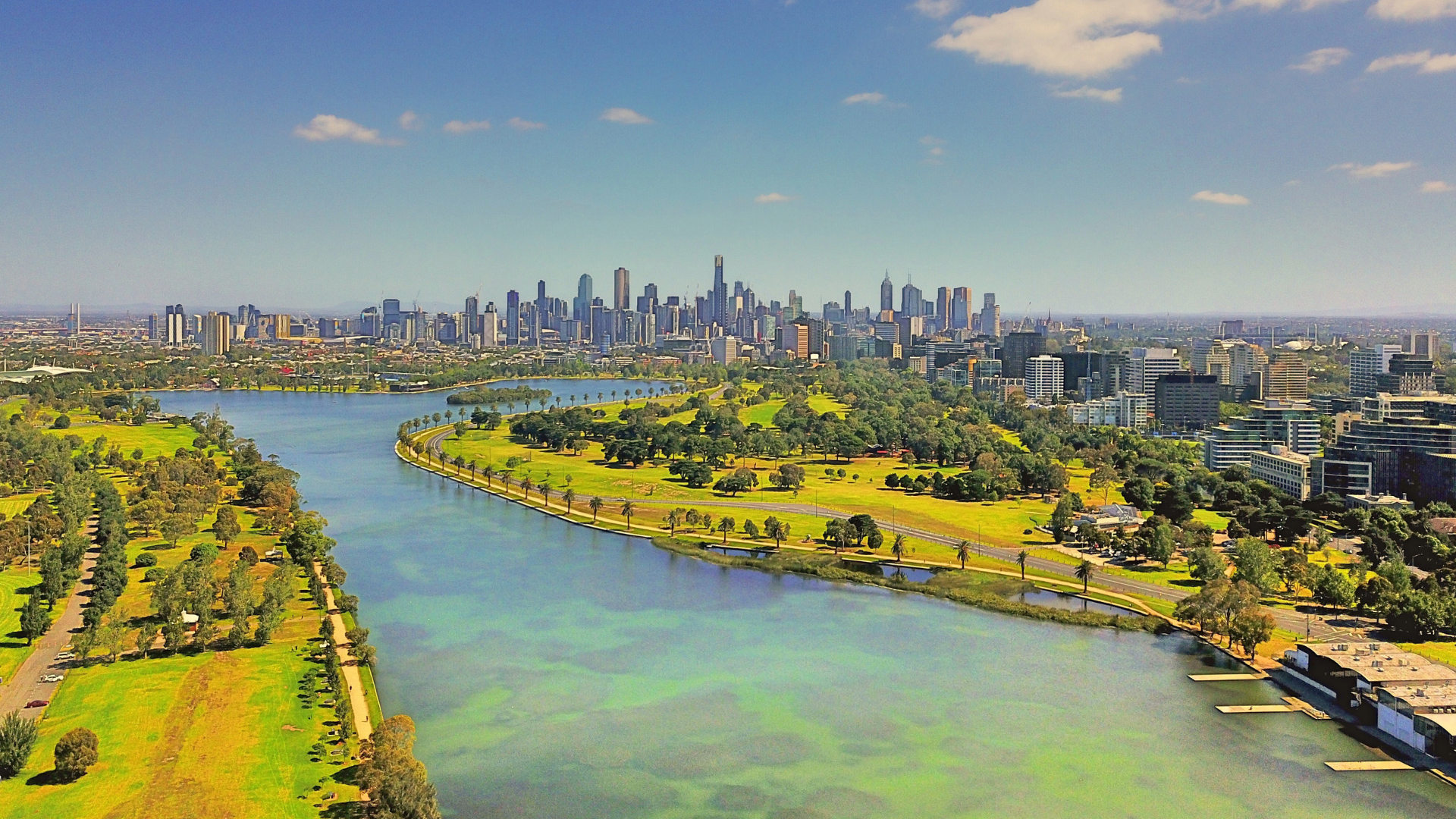
Planning a move to Australia? Understanding the costs involved in immigrating to Australia is a vital part of your journey. From visa application fees and relocation expenses to everyday living costs, there are multiple financial factors to consider. While the total cost will vary based on individual circumstances, this post will cover common migration costs to help you get a clearer idea of the expenses you may encounter.
The cost to immigrate to Australia from South Africa can vary significantly, depending on several factors such as the type of visa, age, occupation, and whether you’re applying alone or with family members.
At Hitchcock & Associates, we understand that each migration journey is unique, which is why we only provide precise cost estimates during a personal consultation. While visa application fees and associated costs are generally fixed and subject to annual increases, professional fees can vary based on visa subclass and the complexity of each case.
1. Visa Application Fees
Visa application fees are set by the Australian Department of Home Affairs and typically increase yearly. The amount depends on the visa type—for instance, skilled migration visas, family visas, and business visas each have their own fee structures. Applicants can expect to pay additional fees if they’re including a spouse or dependents in their application.
2. Skills Assessment and English Language Testing
For those applying through the skilled migration pathway, a skills assessment is generally required. Each assessing authority has its own fee structure, depending on the occupation. Additionally, applicants who need to prove their English proficiency may incur costs for standardised tests like IELTS or Pearson PTE.
3. Health and Police Clearances
As part of Australia’s immigration requirements, applicants need to undergo health assessments and provide police clearance certificates from any country they’ve lived cumulatively in for 12 months or more over the past 10 years. These fees can vary depending on the applicant’s location and specific tests required.
4. Professional Consultation Fees
At Hitchcock & Associates, we tailor our professional fees based on the visa subclass, individual circumstances, and the complexity of the case. Our expert guidance throughout the immigration process offers peace of mind, ensuring that each step is handled accurately and efficiently. We provide detailed quotations during our initial consultation, allowing clients to understand the expected costs for their unique case.
5. Additional Expenses
Other costs to consider include travel expenses, temporary accommodation, and potential relocation services, especially if you’re moving with family members. These costs can vary widely based on your destination within Australia and personal preferences for the relocation process.
Each migration journey is influenced by individual factors, and costs will differ from one applicant to another. Hitchcock & Associates is here to provide you with a transparent overview of the likely expenses, helping you plan for a smooth transition to Australia.
1. Choose a More Affordable Location
While cities like Sydney and Melbourne tend to have higher living costs, settling in regional areas or smaller cities can offer a more budget-friendly lifestyle. Areas like Adelaide, Perth, and parts of Queensland often have lower rental and living expenses while still providing access to excellent amenities and job opportunities. Hitchcock & Associates can help you understand the benefits of regional migration options, which may include additional incentives or support programs.
2. Research Average Costs and Budget Accordingly
Creating a detailed budget before moving to Australia can help you understand what expenses to expect. Common expenses include housing, utilities, food, transportation, and health insurance. Websites like Numbeo or Expatistan can provide general cost-of-living comparisons, helping you estimate average costs for different regions. Hitchcock & Associates offers clients guidance on expected living costs based on their specific location and lifestyle preferences.
3. Consider Employment Opportunities
Securing employment is one of the most effective ways to support your cost of living in Australia. For many skilled migration visa holders, employment is a key part of the visa pathway. Researching job opportunities in advance or consulting with recruitment agencies can help you gauge the potential income available in your field, allowing you to better plan for living costs.
4. Focus on Financial Planning and Savings
If you’re concerned about managing costs in Australia, building savings before your move can provide a safety net during the initial transition. Setting aside funds for the first few months of living expenses allows you to settle in comfortably while you explore employment and other income opportunities.

HOW TO OPEN A BANK ACCOUNT IN AUSTRALIA
Opening a bank account is one of the first steps to setting up life in Australia. Here’s a quick, step-by-step guide to help you get started!
Step 1: Choose Your Bank
Australia has several major banks, including Commonwealth Bank, Westpac, ANZ, and NAB. Each bank offers various account types for newcomers, including everyday transaction accounts and savings accounts. Research the fees, features, and access options each bank offers to find one that aligns with your needs.
Step 2: Check Eligibility and Required Documents
To open an account, you’ll generally need a few key documents:
Passport
Australian visa (valid for at least three months)
Proof of Australian address (if available)
Tax File Number (TFN) (optional but helpful for tax purposes)
Some banks may allow you to open an account before arriving in Australia, simplifying the process.
Step 3: Open Your Account Online or In-Branch
Many Australian banks offer online account setup for new arrivals, allowing you to open an account before you even set foot in Australia. If you’re already in Australia, you can visit a local branch with your documents. Online applications usually take only a few minutes, while in-branch visits may require an appointment.
Step 4: Deposit Funds
Once your account is open, you can deposit funds via transfer from an overseas account or with cash at a branch. Some banks may have a minimum deposit requirement, so be sure to ask if any initial deposit is necessary to activate your account.
Step 5: Receive Your Bank Card and Access Details
After opening the account, your bank will provide you with a debit card and online banking details. These will either be mailed to your Australian address or provided in-branch if you opened the account in person. Be sure to activate your card and set up internet banking for easy access to your account.
Step 6: Set Up Mobile and Online Banking
Australian banks offer secure online and mobile banking apps, allowing you to manage your account from anywhere. Once your account is active, download your bank’s app, set up security features, and link any Australian mobile number for notifications and added security.
While the information above provides an overview of the kinds of costs you can expect to pay, it’s better to work with concrete numbers so you can plan and budget for successfully migrating to Australia. To get a clearer, succinct understanding of the expenses associated with the visa migration path that’s best for you, book a consultation with us.

Your privacy is of the utmost importance to us.
You may unsubscribe at any time.